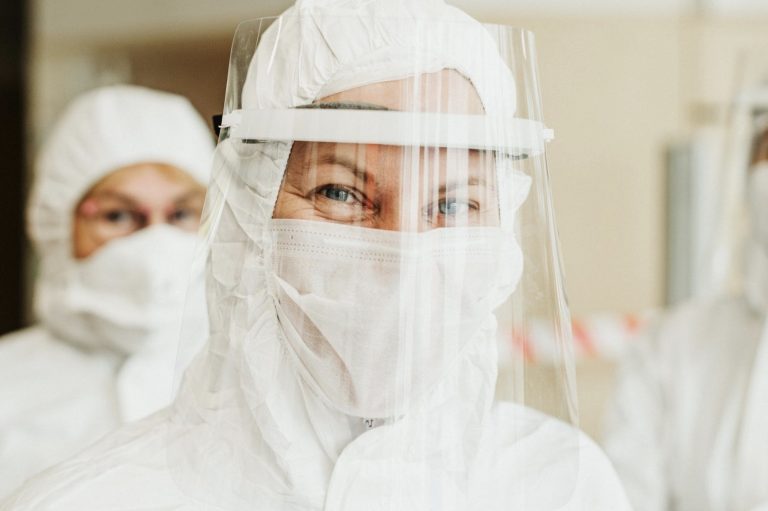The ongoing pandemic has made people more aware about the importance of health and wellness, and this is especially true for those who were infected by the COVID-19 virus. While some were able to make a full recovery at home, millions of individuals had to be hospitalized since they needed supplemental oxygen. Moreover, 2/3 of all COVID hospitalizations in the US were related to preexisting conditions such as diabetes and obesity. Spending time in a hospital is never easy, and while there is a better chance of recovering while under the care of health professionals, there’s also a high risk of getting infected by hospital superbugs.
Most people are unaware of the presence of superbugs since hospitals are generally considered to be clean and sterile places. However, as we’re taking active steps to improve our health, it’s important to know more about them, and find ways to protect yourself from getting infected.
What is a Superbug?
Superbugs are infectious bacteria or organisms that can make hospital patients seriously ill, and in some cases, these may even cause death. Most drugs and antibiotics are ineffective against them, and treatment options are limited. They can also survive on surfaces for days or weeks, and can be transferred from person to person.
One can also be infected if they touch an object where the pathogen resides, such as a TV remote or the controls on a hospital bed. Once you get infected, your hospital stay can be extended for days, weeks, or months, depending on the severity of the infection. Some of the most common superbugs include Clostridium difficile or C.Diff, MRSA, and necrotizing fasciitis.
What are Your Chances of Getting Infected?
Most people get through their hospital stay without contracting other illnesses. However, new research shows that 14% of nearly 400 patients had superbugs, or antibiotic-resistant bacteria on their hands or nostrils during the first few days of their hospital stay. Moreover, a third of tests on frequently touched objects such as a TV remote or the nurse call button are positive for superbugs. Lack of hygiene and cleanliness is one of the reasons why superbugs are spreading at a fast rate. This is why hospitals should make it a point to hire professionals who specialize in medical institution sanitization or deep cleaning. Doing so can wipe out these harmful bacteria and prevent sick people from getting even sicker.
Is There Any Way to Avoid Infection?
Cleaning hospital rooms between patients has been a priority for many medical institutions all over the world since doing so can reduce the number of viruses and bacteria in rooms and surfaces. But patients can also do their part to avoid getting infected by washing their hands before and after eating or using the toilet. Disinfection of hot spots, such as door handles, the call button, phone, TV remote, and other appliances should also be done on a regular basis. Also, use antibiotics wisely. Misuse of these drugs can result in antibiotic resistance and prevent you from making a full recovery if you get infected. Lastly, make sure that your vaccinations are up to date to strengthen your immune system.
Hospital superbugs continue to evolve and develop resistance. Take active steps to protect yourself from these harmful organisms through regular handwashing, getting vaccinated, and proper antibiotic use. In case you get infected, consult your doctor.


0 Comments